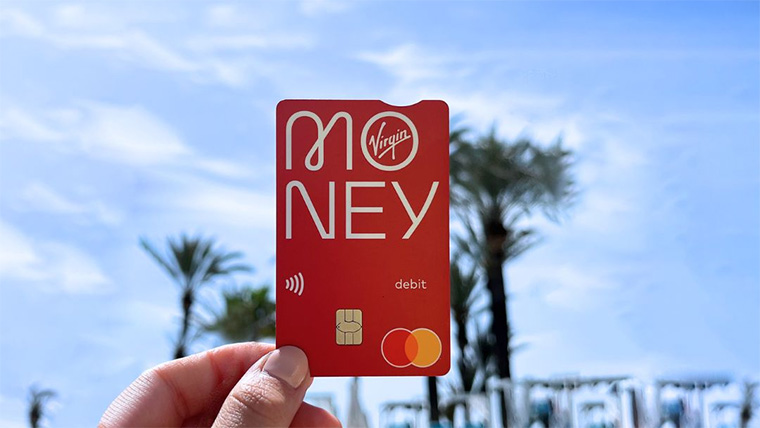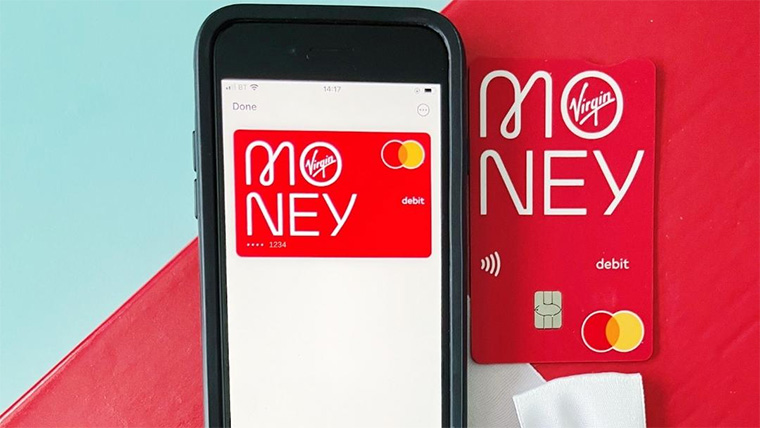
How to shop safely online

Am I too young to have a pension?

Online fraud: how can I protect myself?

Six ways to cut holiday costs that you might not have thought of

How to talk to your partner about money in tough times

The budget beauty hacks you need to know about

Five steps to have a Christmas with less money worry during the cost of living crisis

Let's talk about the 'M' word
